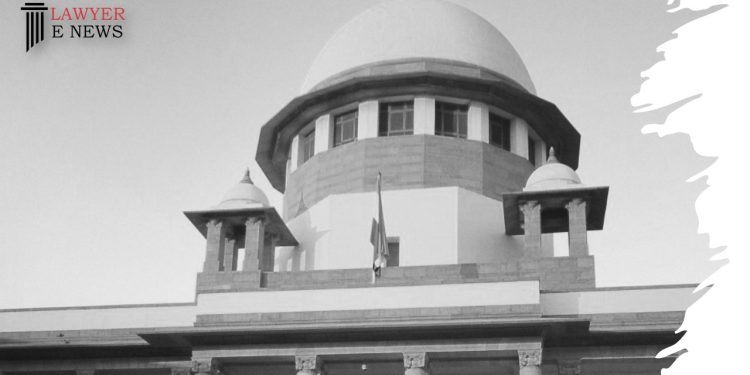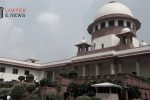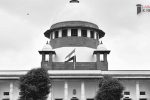Supreme Court Judgment: Appellant Fails to Establish Ownership Over “Khosh Mahal” Property

In a significant judgment delivered by the Supreme Court, the appellant’s claim of ownership over the revered property known as “Khosh Mahal” has been dismissed. The ruling, which carries implications for property disputes and burden of proof, underscores the appellant’s failure to establish her title and ownership.
The case revolved around a suit filed by Smriti Debbarma, representing Maharani Chandratara Devi, seeking a declaration of ownership over the property described in Schedule ‘A’. Amendments were made to the plaint during the proceedings, including the substitution of Smriti Debbarma as the plaintiff. The appellant sought to establish Maharani Chandratara Devi’s ownership and requested various reliefs, including the declaration of any illegal transfers made by the defendants.
However, the crucial issue at hand was the appellant’s ability to discharge the burden of proof. The court examined the evidence presented, including the Deed of Patta and the Ekrarnama, which formed the basis of the appellant’s claim. It was observed that the description and boundaries mentioned in these documents did not align with the survey report, which highlighted significant discrepancies. Furthermore, the appellant failed to produce certified copies of maps to establish a clear connection between the identified land and the property in question.
The Supreme Court emphasized that the burden of proof lay with the appellant to substantiate her title and ownership. However, due to the inconsistencies and lack of compelling evidence, the appellant fell short of meeting this burden. As a result, the court concluded that the appellant had not successfully established her ownership of the property.
The judgment highlighted the importance of demarcation and identification of properties in resolving disputes. The court emphasized the significance of accurate descriptions and boundaries, particularly in cases involving substantial assets. The absence of specific references to the building “Hotel Khosh Mahal” in the relevant documents further weakened the appellant’s case.
The ruling also acknowledged the amendments made to the plaint during the proceedings, noting that they did not impact the final decision of the case. The trial court’s decree in favor of the appellant was reversed by the High Court on different grounds, further underscoring the failure to prove ownership.
This landmark judgment serves as a precedent for property disputes, emphasizing the need for thorough evidence and accurate demarcation. With the appellant’s claim dismissed, the ownership of the “Khosh Mahal” property remains unresolved, leaving room for potential further legal actions or disputes.
Overall, the Supreme Court’s verdict reinforces the crucial role of burden of proof and the requirement for robust evidence in establishing property ownership, providing valuable guidance for future litigation in similar cases.
Decision Date: JANAURY 04, 2023.
SMRITI DEBBARMA (DEAD) VS PRABHA RANJAN DEBBARMA AND OTHERS






